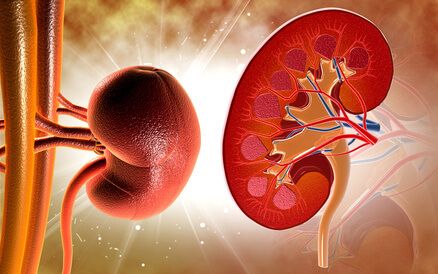In patients with stable chronic angina, percutaneous coronary intervention (PCI) is often conducted to relieve symptoms. However, there is still some uncertainty regarding whether PCI provides superior symptomatic relief compared with a placebo in patients not receiving anti-anginal medication.

Researchers conducted a controlled and randomized study in which patients with stable angina discontinued all anti-anginal medication and underwent a two-week evaluation before randomization. The primary endpoint (PEP) was the angina symptom score.
In total, 301 patients enrolled in the study; 151 were randomized to the PCI group and 150 to the placebo group. The average age was 65 years, and most subjects were men. About 80% of the patients experienced ischemia in one territory, followed by 17% in two territories, and 2% in three territories. The mean fractional flow reserve in treated vessels was 0.63 (interquartile range: 0.49-0.75).
Read also: Untreated Aortic Stenosis: Associated Mortality and a Call to Attention.
Regarding the results, the mean angina symptom score was 2.9 in the PCI group and 5.6 in the placebo group (odds ratio: 2.21, 95% confidence interval: 1.41-3.47, P < 0.001).
Conclusion
In patients with stable angina who received little or no anti-anginal medication and showed positive evidence of ischemia in exercise studies, PCI led to a lower angina symptom score compared with placebo, suggesting an improvement in health status with respect to symptoms.

Dr. Andrés Rodríguez.
Member of the Editorial Board of SOLACI.org.
Original Title: A Placebo-Controlled Trial of Percutaneous Coronary Intervention for Stable Angina.
Reference: Christopher A. Rajkumar, M.B et al.
Subscribe to our weekly newsletter
Get the latest scientific articles on interventional cardiology





